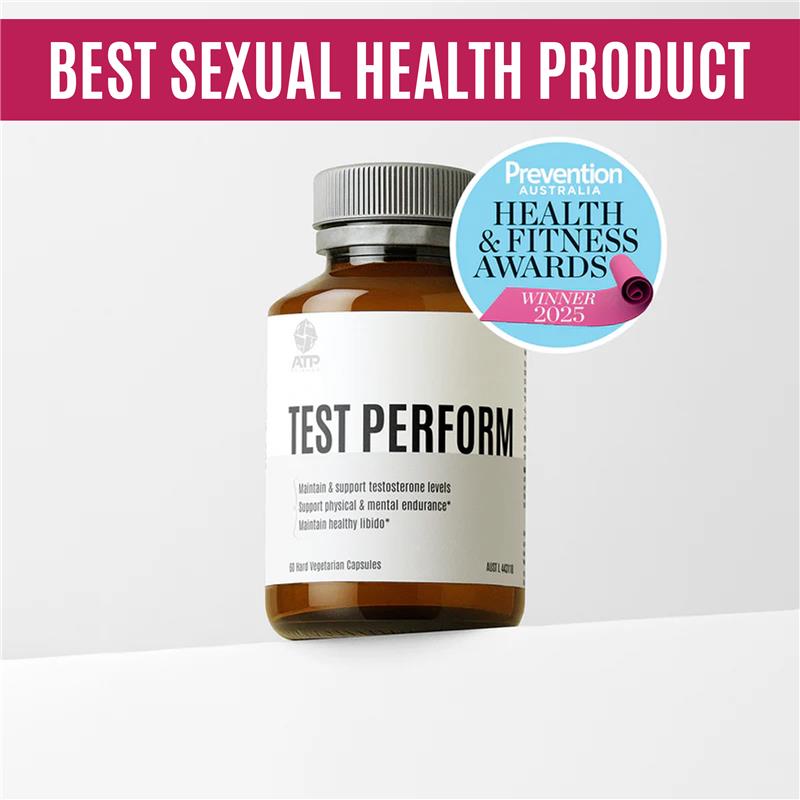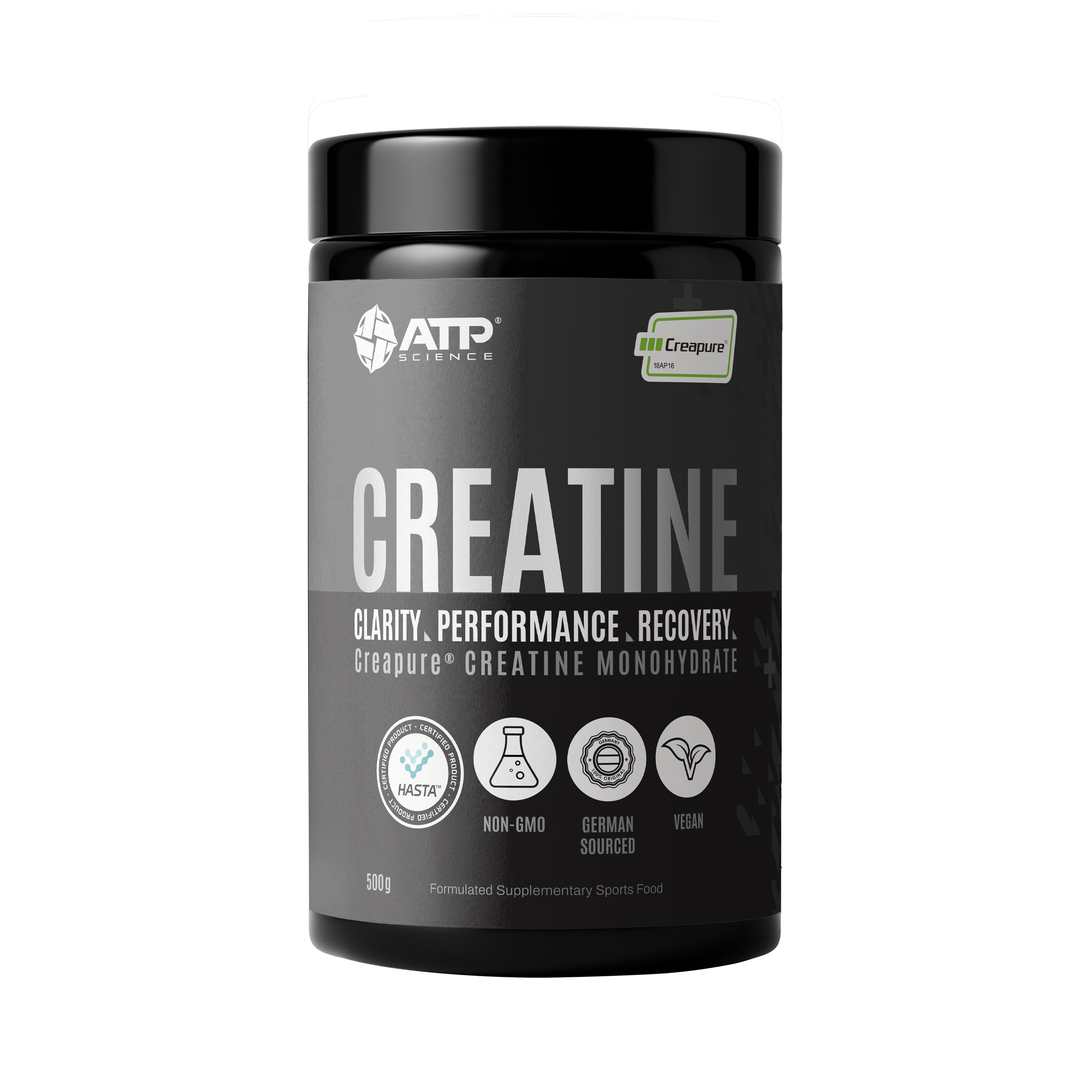Creatine: a word often associated with burly bodybuilders, endurance athletes, and gym enthusiasts. But hold on a moment; this isn't just a supplement reserved for men aiming to bulk up. In recent years, the spotlight has shifted, highlighting the significant benefits of creatine for women. Whether it's enhancing muscle strength, boosting cognitive function, or supporting weight loss, creatine emerges as a promising ally in a woman's health and fitness journey. However, as with all things, it's crucial to tread with knowledge and awareness. With myths and misconceptions surrounding it, especially around women's health, this article aims to offer clarity. Let's delve deep into the benefits of creatine for women, address common concerns, and unpack whether this supplement might just be the missing piece in your fitness puzzle.
Understanding Creatine: A Quick Dive
Before we jump into the specific benefits creatine holds for women, let's first get to grips with what creatine actually is. It might surprise you to learn that creatine isn't a lab-engineered substance; it's a naturally occurring compound found in our very own bodies.
Creatine is an amino acid derivative synthesised in our liver, kidneys, and pancreas. Interestingly, certain foods, notably red meat and fish, also contain creatine, albeit in relatively small amounts.
Creatine's primary function is to aid the production of Adenosine Triphosphate (ATP), our body's primary energy currency. Think of ATP as the energy boost that helps you push through that last squat or sprint.
When you engage in short-duration, high-intensity activities, it's creatine that comes to the rescue. By donating a phosphate molecule, creatine helps replenish ATP, ensuring that our muscles have a consistent energy supply during those crucial moments.
Why supplement with creatine? While our bodies produce creatine and we consume some through our diet, these sources might not suffice to maximise the creatine's benefits, especially for those involved in regular, intense physical activity.
Supplementing with creatine increases the creatine phosphate stores in muscles, thereby enhancing the body's capacity to produce energy rapidly during intense physical efforts.
In essence, creatine is all about energy production and optimising our performance during those brief, high-powered bursts of activity. But while that's a general overview, how does this specifically translate to benefits for women? Let's delve in.
What Does Creatine Do for Women Specifically?
You might be thinking, "That's all well and good, but I'm not planning to become the next weightlifting champion. Is creatine really for me?" The answer might surprise you. While creatine is celebrated for its muscle-boosting properties, its benefits for women extend well beyond the weight room. Here's a closer look…
Muscle Endurance and Strength
Women naturally have a higher proportion of type I muscle fibres, which are more endurance-oriented. However, this doesn't mean we can't benefit from improving our strength and muscle power.
Creatine supplementation can help women see faster gains in muscle strength and endurance. This not only aids in overall physical performance but also supports daily functional movements and can even counteract muscle loss as we age.
Cognitive Benefits
Ever had one of those days where your brain feels like it's wading through treacle? Studies suggest that creatine might be an unexpected ally for cognitive function.
Research has shown that women who supplement with creatine experience improved mental clarity, sharper memory, and reduced mental fatigue. This can be especially beneficial during times of sleep deprivation or heightened stress.
Bone Health
One often overlooked concern for women, especially post-menopause, is the deterioration of bone density. Osteoporosis and bone fractures become real threats as we age.
Preliminary research indicates that combining creatine supplementation with resistance training may promote greater increases in bone mineral density in women, offering a promising avenue to combat age-related bone loss.
Every woman's body is unique. While the benefits of creatine are vast, it's essential to consider personal health goals and consult a health professional when contemplating supplementation. Armed with this knowledge, we can move beyond stereotypes and recognise that creatine might just be one of the most under-appreciated supplements for women's overall wellbeing.
Creatine for Women's Weight Loss
The weight loss world is a maze of information, with new fads cropping up almost daily. Amidst this sea of supplements and strategies, could creatine be a valuable tool for women aiming to shed a few kilos? Let's break down the role creatine plays in weight management:
Muscle Preservation
When on a calorie deficit, there's always a concern about losing not just fat but also valuable muscle mass. Muscle is metabolically active, meaning it burns more calories at rest than fat does.
Creatine can help protect and even enhance muscle mass during weight loss, ensuring that what you lose primarily comes from fat stores. This not only contributes to a toned appearance but also boosts metabolic rate.
The 'Water Weight' Myth
One common concern with creatine is the potential for water retention, leading to a misconception that it causes "weight gain."
While creatine does draw water into the muscle cells, this is a temporary effect and often misconstrued. Increased cellular hydration can actually enhance muscle function and growth. It's essential to distinguish between this type of "weight" and actual fat or muscle mass.
Enhanced Workout Performance
More energy in workouts, thanks to creatine, can translate to more intensive training sessions. For those targeting weight loss, this means burning more calories and achieving results faster.
Better Recovery
With improved recovery post-workout, women can train more frequently without feeling overly fatigued, accelerating weight loss and muscle toning goals.
Remember, weight loss isn't just about the number on the scales. It's about body composition. If you're losing fat and gaining muscle, your weight might remain static, even though you're getting fitter and healthier.
Should Women Take Creatine? Addressing Concerns
If you're reading this and thinking, "All these benefits sound great, but what about the potential downsides?", you're not alone. Many women are apprehensive about diving into the world of creatine due to common misconceptions and genuine concerns. Let's address some of the most frequently voiced issues.
Safety Profile
Multiple studies have been conducted over the years to gauge the safety of creatine supplementation, with many results proving it to be safe when taken within recommended dosages.
For women specifically, there's no evidence suggesting a heightened risk or adverse effects compared to men.
Side Effects of Creatine for Women
As with any supplement, individual reactions may vary. Some women report experiencing digestive discomfort, such as bloating or diarrhoea, when taking high doses of creatine.
Reducing the dosage or opting for a different type of creatine, like micronised creatine, can often alleviate these symptoms.
Creatine and Hormonal Balance
A prevailing myth is that creatine might negatively impact women's hormonal balance, specifically concerning oestrogen and progesterone.
Current scientific literature indicates no significant alteration in women's hormonal profiles due to creatine supplementation. It's always wise, however, to consult with a healthcare professional if you have specific concerns or conditions.
Long-term Use
While most research focuses on short to medium-term creatine use, long-term effects are still under study. However, to date, no serious long-term health risks have been associated with creatine when taken at recommended dosages.
Creatine Dosage and Best Practices for Women
Once you've weighed the pros and cons and decided to incorporate creatine into your routine, the next big question is: How much should I take? Understanding the correct dosage and best practices is essential to harness the maximum benefits and avoid any potential side effects.
Standard Dosage
Loading Phase: If you're keen on seeing rapid results, you can start with a 'loading phase'. This involves taking around 20g of creatine per day, divided into 4 doses of 5g each, for 5-7 days.
Maintenance Phase: Post the loading phase, you transition to the maintenance phase, which typically involves consuming 3-5g of creatine daily.
No Loading Phase? No Problem.
If you're not keen on the loading phase, simply stick to 3-5g of creatine daily. Over time, your muscle creatine stores will still saturate, albeit at a slower pace.
Timing
While there's much debate on the ideal time to take creatine, research indicates that post-workout might be slightly more beneficial than pre-workout. However, the differences are marginal, and the best time largely boils down to personal preference.
If not following a workout schedule, you can consume creatine at any time of the day.
Creatine and the Empowerment of Women
Creatine, a supplement often associated with bulking bodybuilders and intense weightlifting sessions, has transcended such confines to offer benefits that resonate with women from all walks of life. From weight loss ambitions and competitive fitness to cognitive boosts and post-menopausal health, the advantages of creatine are as vast as they are profound.
But as we navigate the world of supplementation, one truth stands out: knowledge is empowerment. Understanding the science, sifting through personal experiences, and weighing the pros against the cons allows women to make informed decisions tailored to their unique goals and needs.
Should women take creatine? The answer isn't a universal 'yes' or 'no'. Instead, it's a personal choice grounded in education, research, and self-awareness. Whether you're seeking to break your personal best in the gym, or embrace a holistic approach to health post-menopause, creatine might just be the missing link in your journey.


















